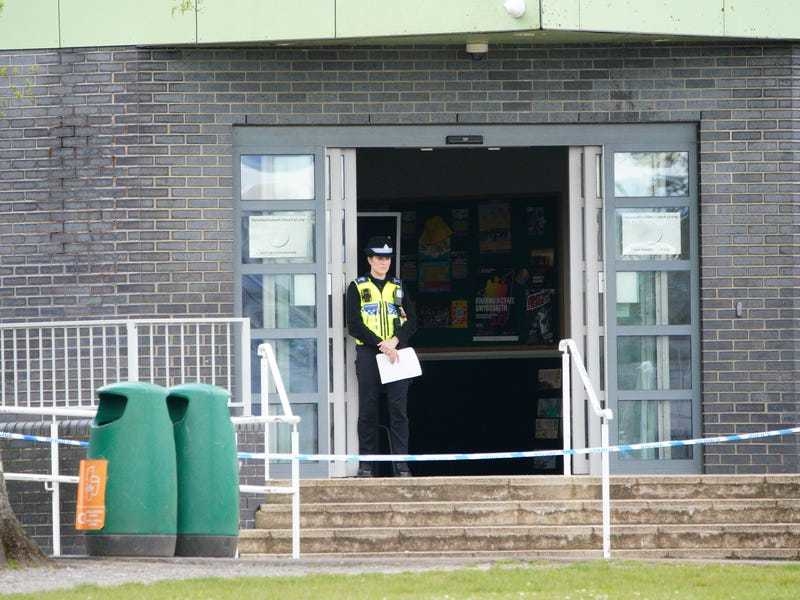According to the data, 2.26 per cent of the total workforce of 59,950 submitted a Short Term Incapacity Allowance certificate for the condition during 2017.
This week the JEP reported that the number of Islanders who took time off work for depression, stress and anxiety in 2017 was at a five-year high, with the States paying out more than £3 million last year in short-term benefits.
According to the response to the freedom of information request, 1,355 people submitted a valid certificate last year for stress. The response also revealed that that figure had risen by 0.62 per cent in the past ten years.
James Le Feuvre, executive director of mental health charity Mind Jersey, said the figures were unsurprising considering the pressures in people’s everyday working lives.
‘We do live very, very stressful lives,’ he said. ‘Life is at a pace now that it has not been before. It is easy to access the internet, that has increased the pace [of life]. People are expected to respond quickly to things.’
He added: ‘It has become much more routine that people will expect you to have deal with an email on Sunday evening when that is not particularly healthy.
‘People do respond to emails when they are on holiday because they feel there is an expectation. Time out is really important. I think people need to be mindful of that. Employers thinking about it will understand it is not reasonable for people to be responding all the time, throughout the evening.’
Mr Le Feuvre also said there may be an ‘upside’ to the rise in number of people being signed off due to stress, as he said it could indicate more people were willing to report the condition.
‘Historically people were very loath to come forward,’ he said. ‘People didn’t address issues and didn’t go to their GP. If one is being optimistic, it could be there is now more support and less stigma.’
However, Mr Le Feuvre said that companies needed to encourage a healthy workplace where people felt comfortable talking about mental health.
For the past four years Mind Jersey has offered training to about 40 Island companies to create mental health first aiders who can provide support to those with mental health issues in the workplace.
He said between 400 and 500 workers had been trained to give ‘elementary’ advice or direct colleagues to the relevant organisation.
‘Some of the big companies have found that it has made a big change in the culture of their workplace. They have seen less sickness,’ said Mr Le Feuvre, who added that he was encouraged that the new government had made mental health one of its key strategies.
The JEP contacted the States – the Island’s biggest employer – to see what measures it had in place for employees suffering from stress.
A spokeswoman said the States takes work-related mental ill health ‘very seriously’ and that it had a number of ‘supportive interventions in place’, including a 24/7 employee assistance helpline and a health advice line that offered a range of counselling options, such as e-counselling and face-to-face support.
She added: ‘It’s planned to establish a network of mental health first aiders and StRaW (sustaining resilience at work) practitioners. For those experiencing more traumatic or potentially traumatic situations, there is a trauma-focused peer support system of trained employees.’






